As parents, we often focus on nurturing our children’s physical health through balanced nutrition and regular exercise. However, there’s another crucial aspect of their mental well-being that sometimes gets overlooked: their gut health. Emerging research is shedding light on the profound connection between gut health and mental well-being. We must delve into the fascinating world of the gut microbiome and its impact on the mood, emotions, and mental health of our little ones.
The Gut Microbiome: A Universe Within
Imagine your child’s gut as a bustling metropolis, teeming with trillions of bacteria, fungi, and other microorganisms collectively known as the gut microbiome. This complex, busy city, plays an important role in various aspects of health, including digestion, metabolism, and immunity. But its influence doesn’t stop there; mounting evidence suggests that the gut microbiome also exerts a profound effect on brain function and behaviour through the gut-brain connection.
The Gut-Brain Axis: Connecting Two Worlds
The gut and the brain may seem worlds apart, but they are intricately linked through a bidirectional communication highway known as the gut-brain axis. The Vagus nerve physically connects the gut with the brain and allows signals to travel back and forth between the gut and the brain.
What’s remarkable is that the different microbes or ‘gut buddies’ living in the gut microbiome play a crucial role in affecting this communication, influencing everything from mood and emotions to cognitive function and stress response.
Nutrition: Fuelling the Mind-Body Connection
Now, let’s talk about the role of nutrition in nurturing a healthy gut microbiome and supporting optimal mental health in children. Just like any thriving community, the gut microbiome thrives on diversity and balance. A diet rich in fibre, fruits, vegetables, whole grains, and fermented foods provides the essential nutrients and prebiotic fibres needed to nourish our ‘gut buddies’.
On the other hand, a diet high in processed foods, sugar, and unhealthy fats can throw out the balance of our gut buddies. If our ‘microbe mates’ don’t get enough of what they need to keep strong, this can lead to various mental health issues, including anxiety and depression.
The Mood-Gut Connection: Understanding the Link
But how exactly does gut health influence mood and emotions? The gut microbiome produces happy chemicals such as serotonin and oxytocin, which play key roles in regulating mood and emotional well-being. In fact, a massive 95% of our serotonin, often referred to as our “happy hormone,” is produced in our gut!
Furthermore, our gut buddies also help produce short-chain fatty acids that protect our brains from stress. These SCFAs not only support gut health but also have a positive impact on brain function and mental health.
Biff, Bax and Lacy
The Gut Foundation has just released its third animated video to teach our tamariki all about how they can look after their ‘gut buddies’ to keep their minds healthy & happy!
We welcome the return of ‘Microbe Mates’ who have a big impact on mood and emotions. The two main microbes that positively impact mental health are: Lactobacillus and Bifidobacteria.






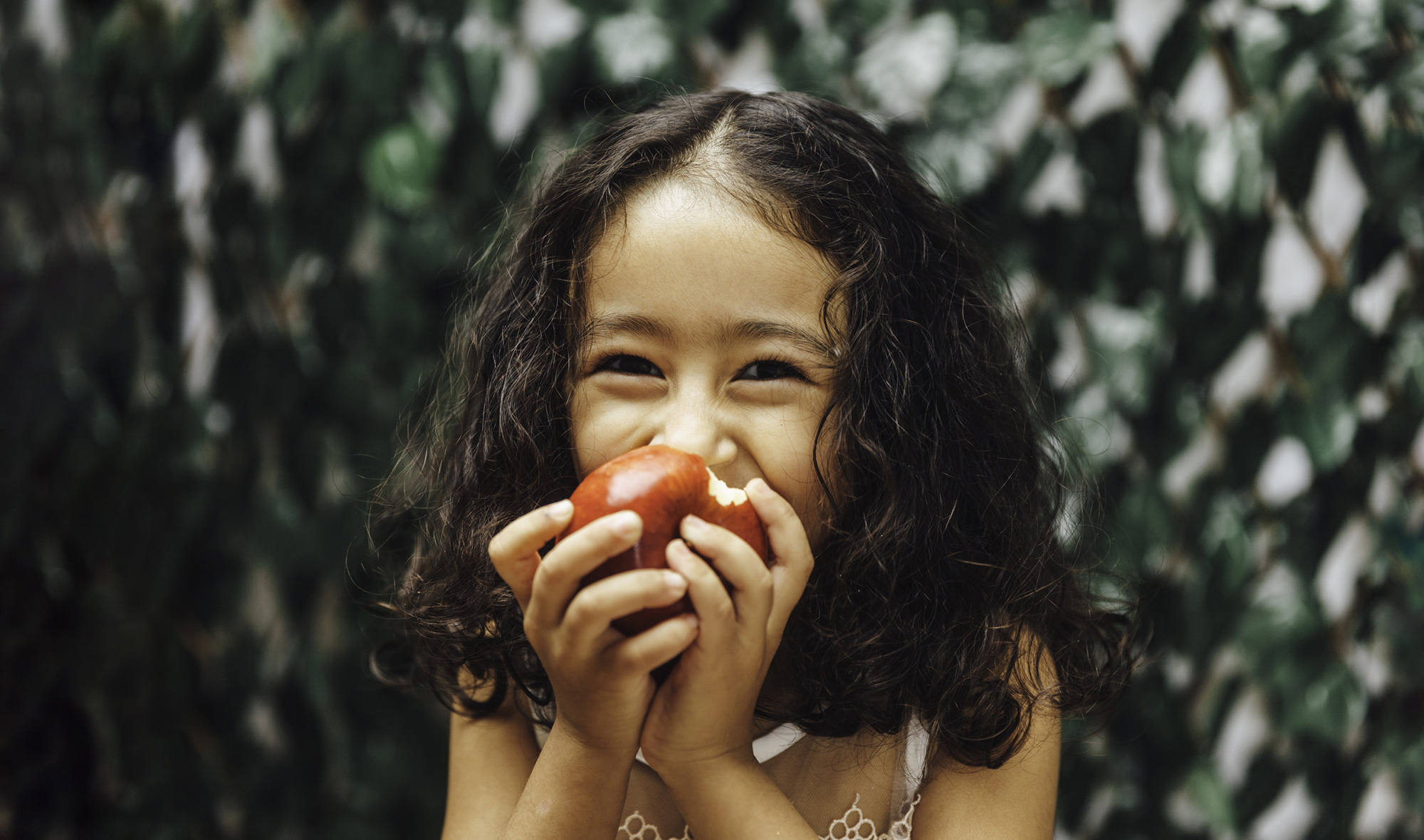

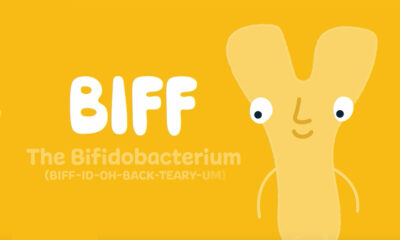
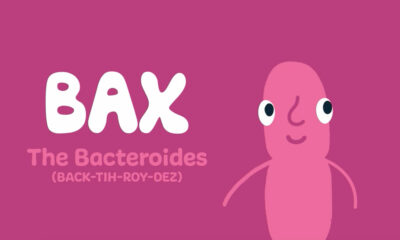
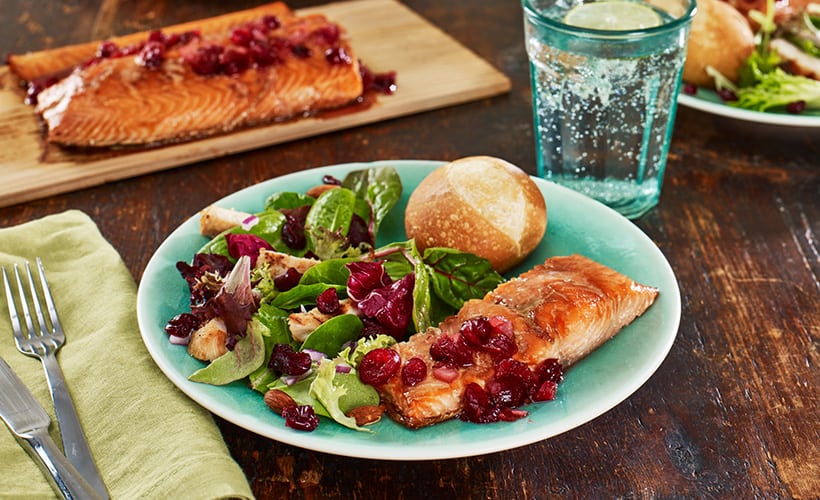

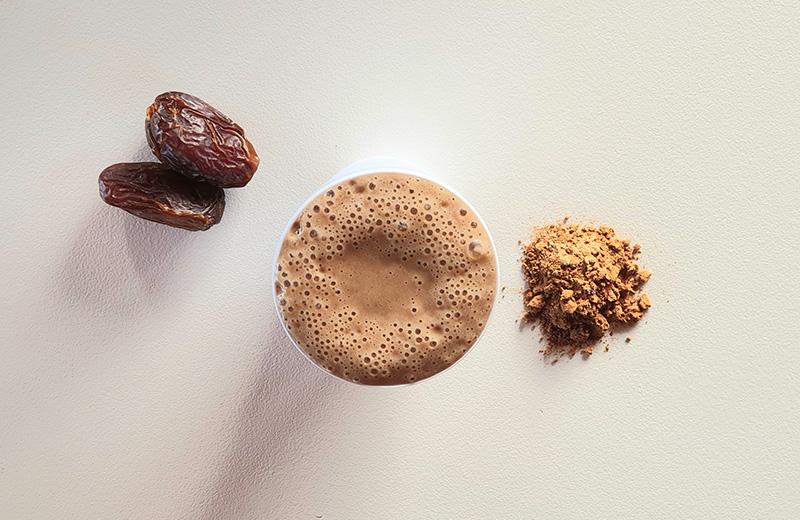
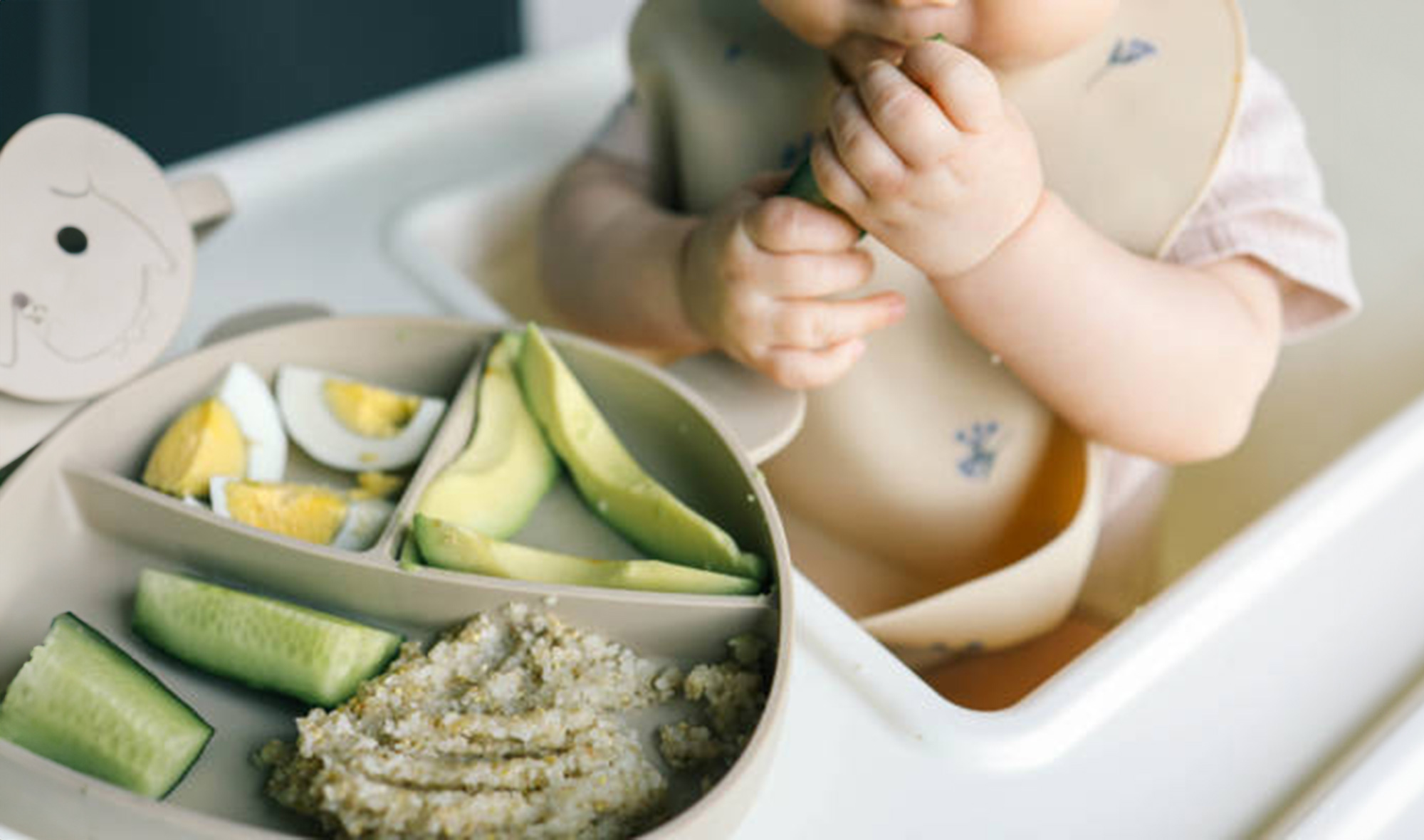


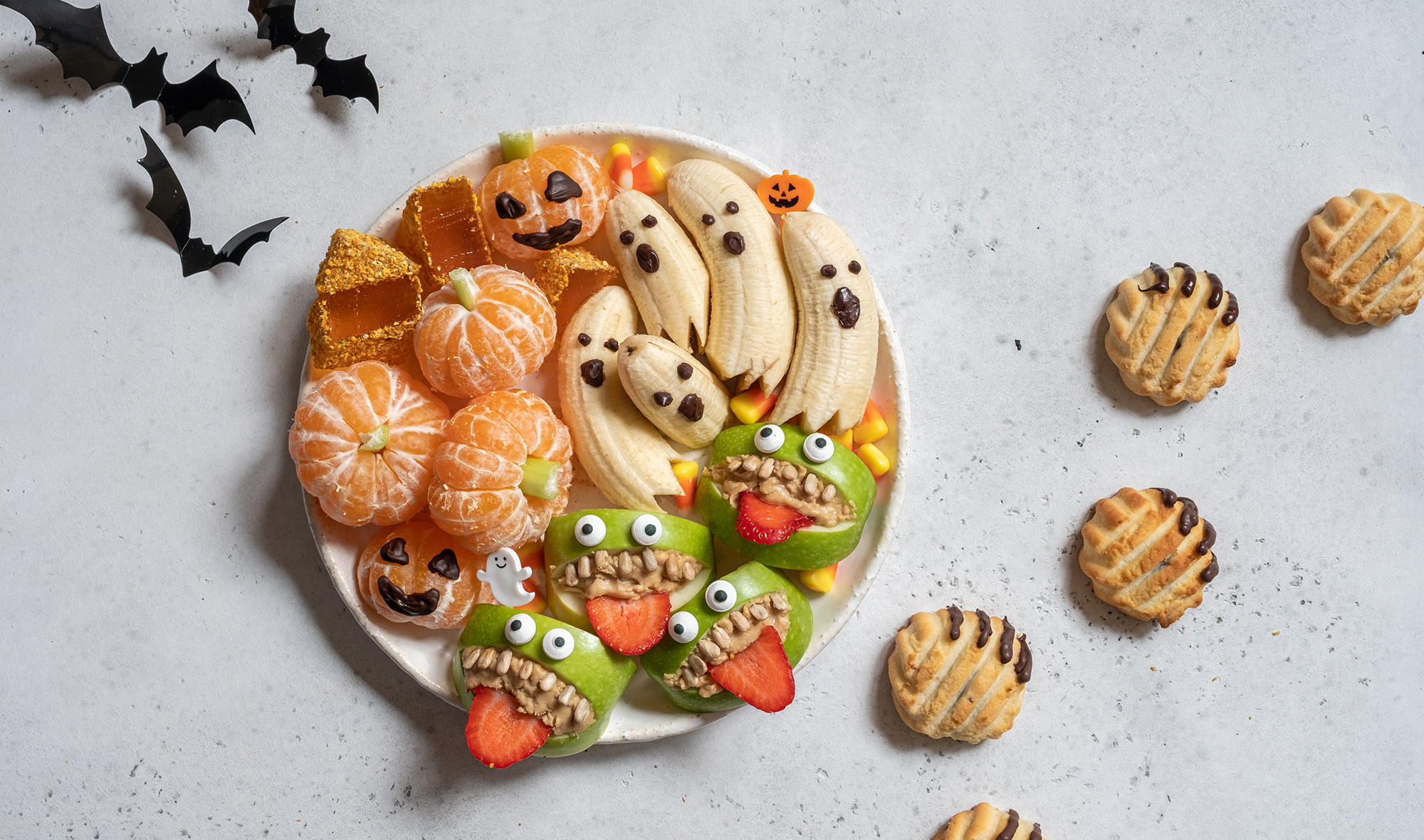
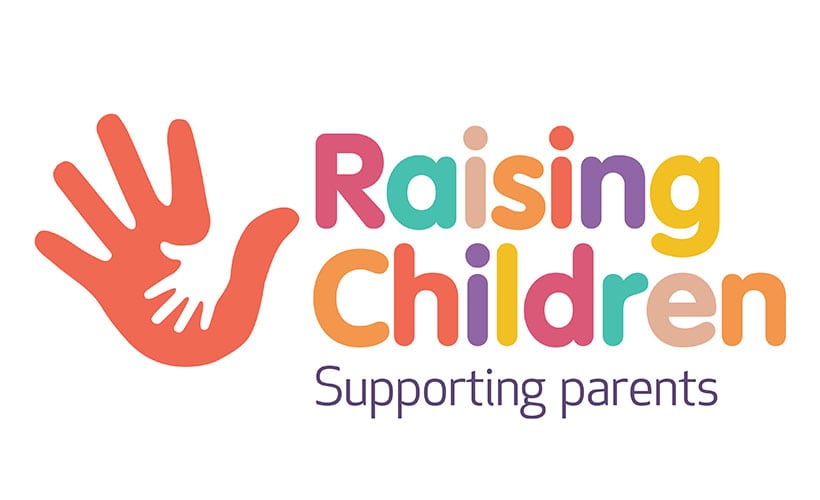
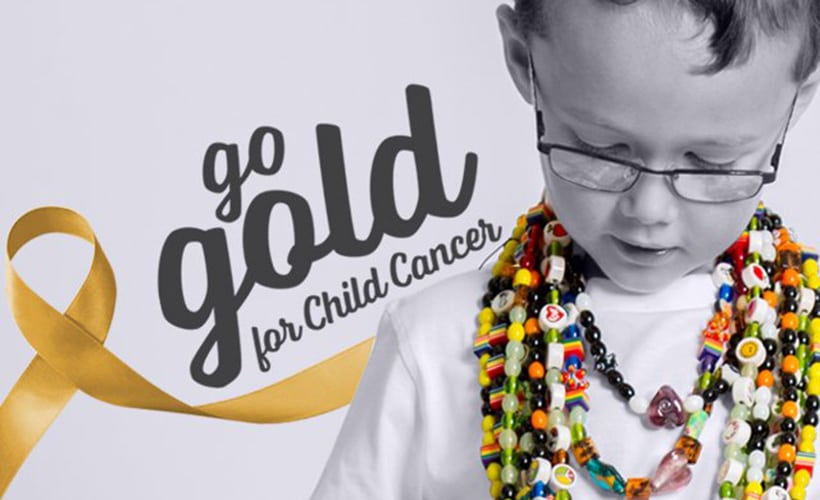
Community